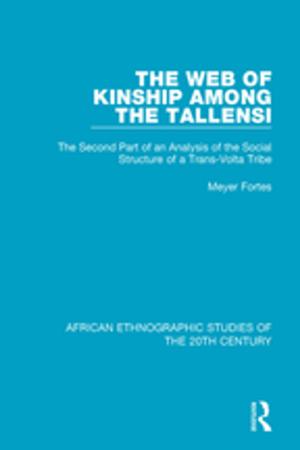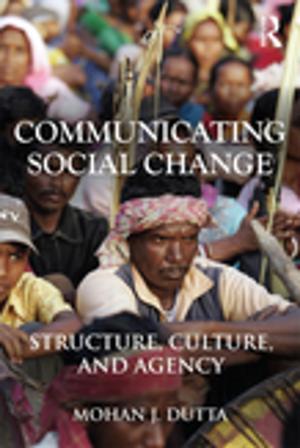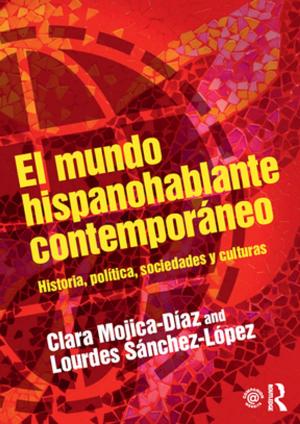| Author: | ISBN: | 9781317938576 | |
| Publisher: | Taylor and Francis | Publication: | November 12, 2013 |
| Imprint: | Routledge | Language: | English |
| Author: | |
| ISBN: | 9781317938576 |
| Publisher: | Taylor and Francis |
| Publication: | November 12, 2013 |
| Imprint: | Routledge |
| Language: | English |
Since the late 1990s South Korea has emerged as a new center for the production of transnational popular culture - the first instance of a major global circulation of Korean popular culture in history. Why popular (or not)? Why now? What does it mean socially, culturally and politically in a global context?
This edited collection considers the Korean Wave in a global digital age and addresses the social, cultural and political implications in their complexity and paradox within the contexts of global inequalities and uneven power structures. The emerging consequences at multiple levels - both macro structures and micro processes that influence media production, distribution, representation and consumption - deserve to be analyzed and explored fully in an increasingly global media environment.
This book argues for the Korean Wave's double capacity in the creation of new and complex spaces of identity that are both enabling and disabling cultural diversity in a digital cosmopolitan world.
The Korean Wave combines theoretical perspectives with grounded case studies in an up-to-date and accessible volume ideal for both undergraduate and postgraduate students of Media and Communications, Cultural Studies, Korean Studies and Asian Studies.
Since the late 1990s South Korea has emerged as a new center for the production of transnational popular culture - the first instance of a major global circulation of Korean popular culture in history. Why popular (or not)? Why now? What does it mean socially, culturally and politically in a global context?
This edited collection considers the Korean Wave in a global digital age and addresses the social, cultural and political implications in their complexity and paradox within the contexts of global inequalities and uneven power structures. The emerging consequences at multiple levels - both macro structures and micro processes that influence media production, distribution, representation and consumption - deserve to be analyzed and explored fully in an increasingly global media environment.
This book argues for the Korean Wave's double capacity in the creation of new and complex spaces of identity that are both enabling and disabling cultural diversity in a digital cosmopolitan world.
The Korean Wave combines theoretical perspectives with grounded case studies in an up-to-date and accessible volume ideal for both undergraduate and postgraduate students of Media and Communications, Cultural Studies, Korean Studies and Asian Studies.















